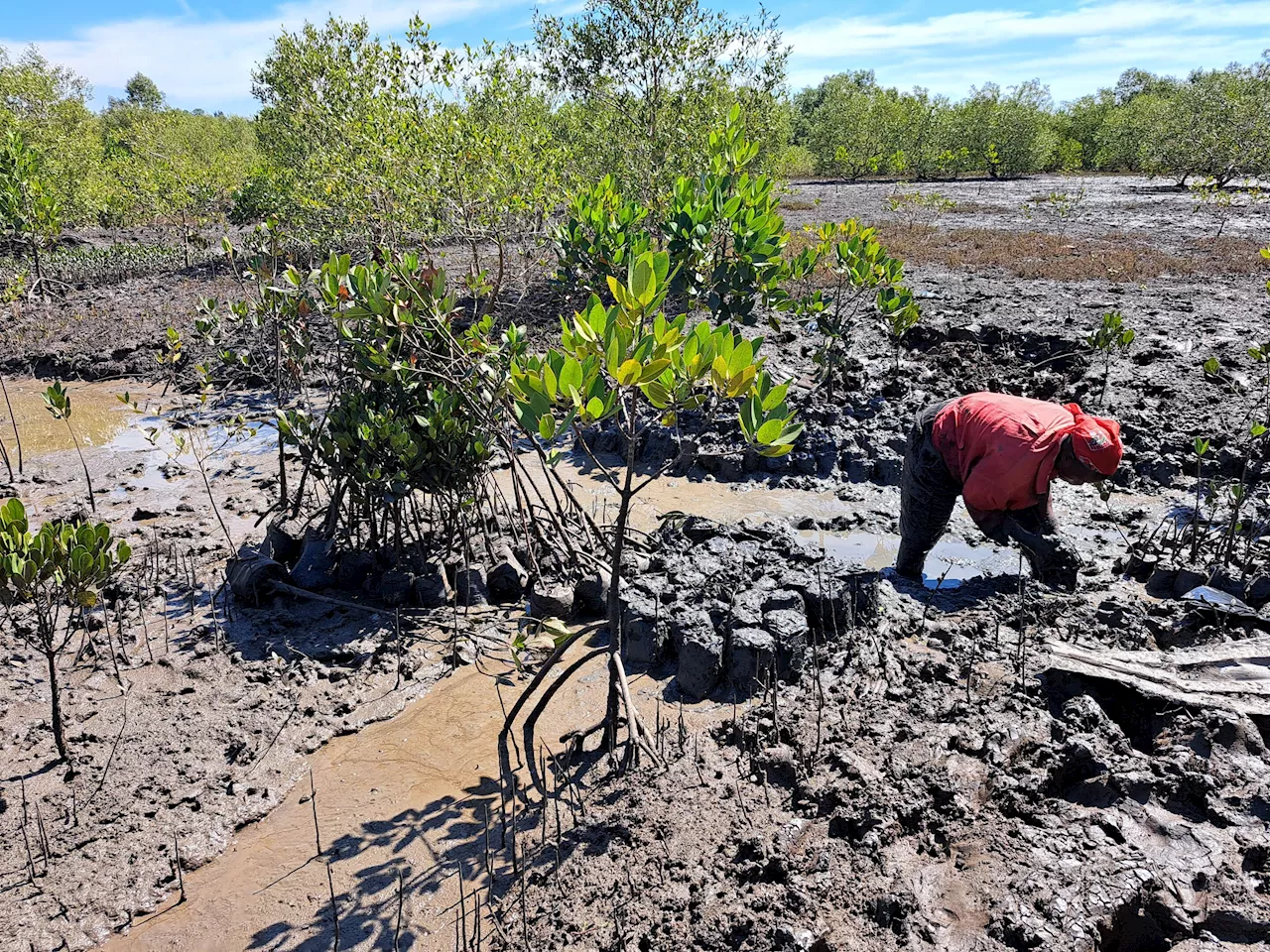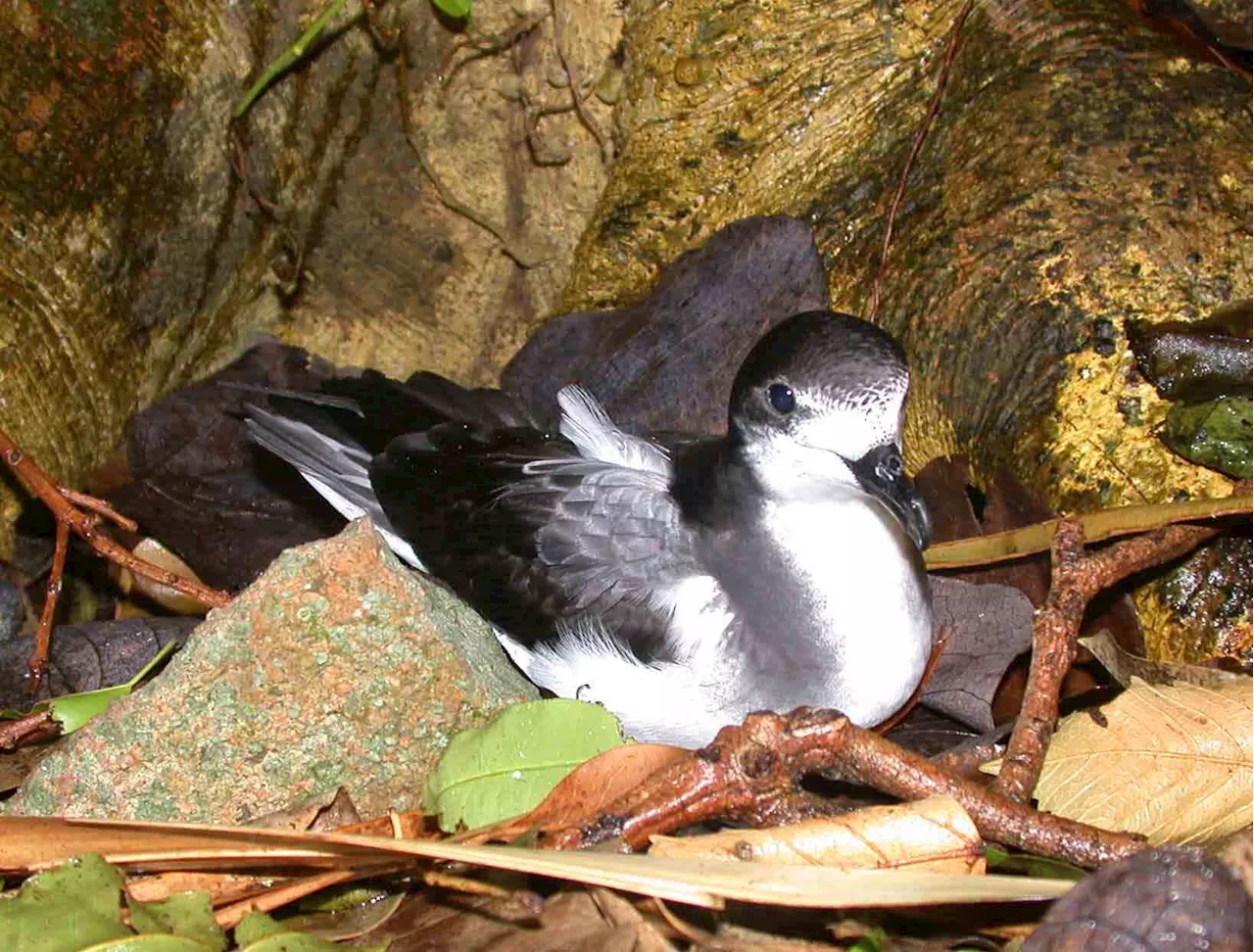Scientists have developed a rapid and accurate way to estimate the age of a seabird, which could revolutionize the way threatened seabird populations are assessed—and boost conservation efforts.
Age matters: New age-ID tool set to revolutionize threatened seabird conservation retrieved 9 August 2024 from https://phys.org/news/2024-08-age-id-tool-revolutionize-threatened.html
This document is subject to copyright. Apart from any fair dealing for the purpose of private study or research, no part may be reproduced without the written permission. The content is provided for information purposes only.Use this form if you have come across a typo, inaccuracy or would like to send an edit request for the content on this page. For general inquiries, please use ourThank you for taking time to provide your feedback to the editors.
Your feedback is important to us. However, we do not guarantee individual replies due to the high volume of messages.to let the recipient know who sent the email. Neither your address nor the recipient's address will be used for any other purpose. The information you enter will appear in your e-mail message and is not retained by Phys.org in any form.Get weekly and/or daily updates delivered to your inbox.
Physics News Science News Technology News Physics Materials Nanotech Technology Science
United States Latest News, United States Headlines
Similar News:You can also read news stories similar to this one that we have collected from other news sources.
 Scientists Reveal Factors That Increase Risk of Memory Loss With AgeAround 1 in 4 older individuals suffers from this factor.
Scientists Reveal Factors That Increase Risk of Memory Loss With AgeAround 1 in 4 older individuals suffers from this factor.
Read more »
 Bronze Age firebricks could bring the golden age of cheap energy storageFirebricks could enable cheaper, faster renewable energy adoption, according to new Stanford research.
Bronze Age firebricks could bring the golden age of cheap energy storageFirebricks could enable cheaper, faster renewable energy adoption, according to new Stanford research.
Read more »
 Bill Belichick's slew of media jobs a 'PR makeover': NFL insiderNew girlfriend, new view of the press and a new image.
Bill Belichick's slew of media jobs a 'PR makeover': NFL insiderNew girlfriend, new view of the press and a new image.
Read more »
 Scientists discover new hormone in breastfeeding women that helps heal bones fasterThe new study sought to solve the mystery of how women’s bones remain unaffected even though they lose calcium to produce milk.
Scientists discover new hormone in breastfeeding women that helps heal bones fasterThe new study sought to solve the mystery of how women’s bones remain unaffected even though they lose calcium to produce milk.
Read more »
 Scientists exploring potential new treatments for glioblastomaA new approach to treating the most malignant type of brain cancer -- glioblastoma -- has shown strong promise in pre-clinical settings, raising hopes of increasing current average survival rates beyond 18 months.
Scientists exploring potential new treatments for glioblastomaA new approach to treating the most malignant type of brain cancer -- glioblastoma -- has shown strong promise in pre-clinical settings, raising hopes of increasing current average survival rates beyond 18 months.
Read more »
 Scientists release new research on planted mangroves' ability to store carbonU.S. Forest Service ecologists and partners have published new findings, in the journal Science Advances, on how planted mangroves can store up to 70% of carbon stock to that found in intact stands after only 20 years.
Scientists release new research on planted mangroves' ability to store carbonU.S. Forest Service ecologists and partners have published new findings, in the journal Science Advances, on how planted mangroves can store up to 70% of carbon stock to that found in intact stands after only 20 years.
Read more »
